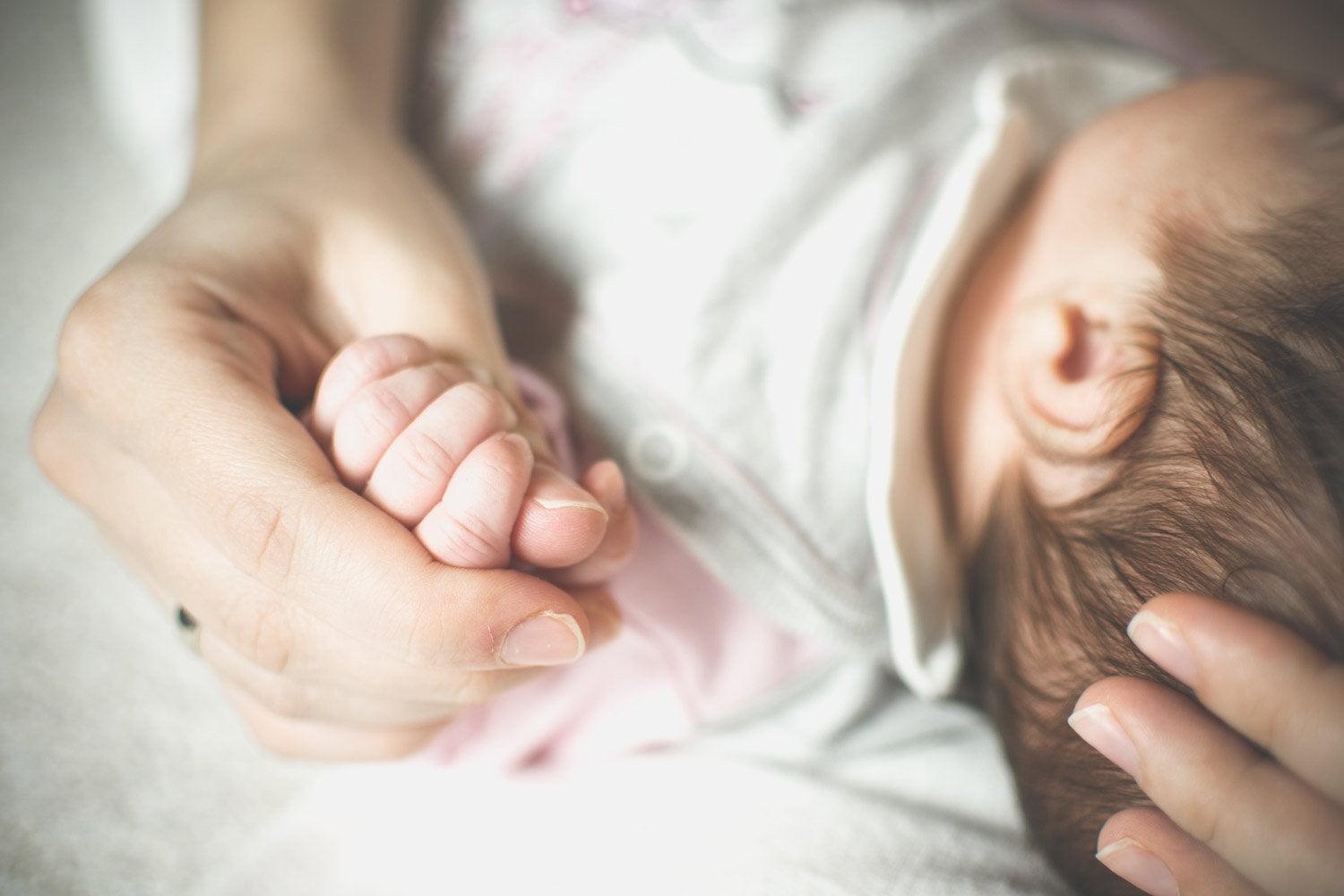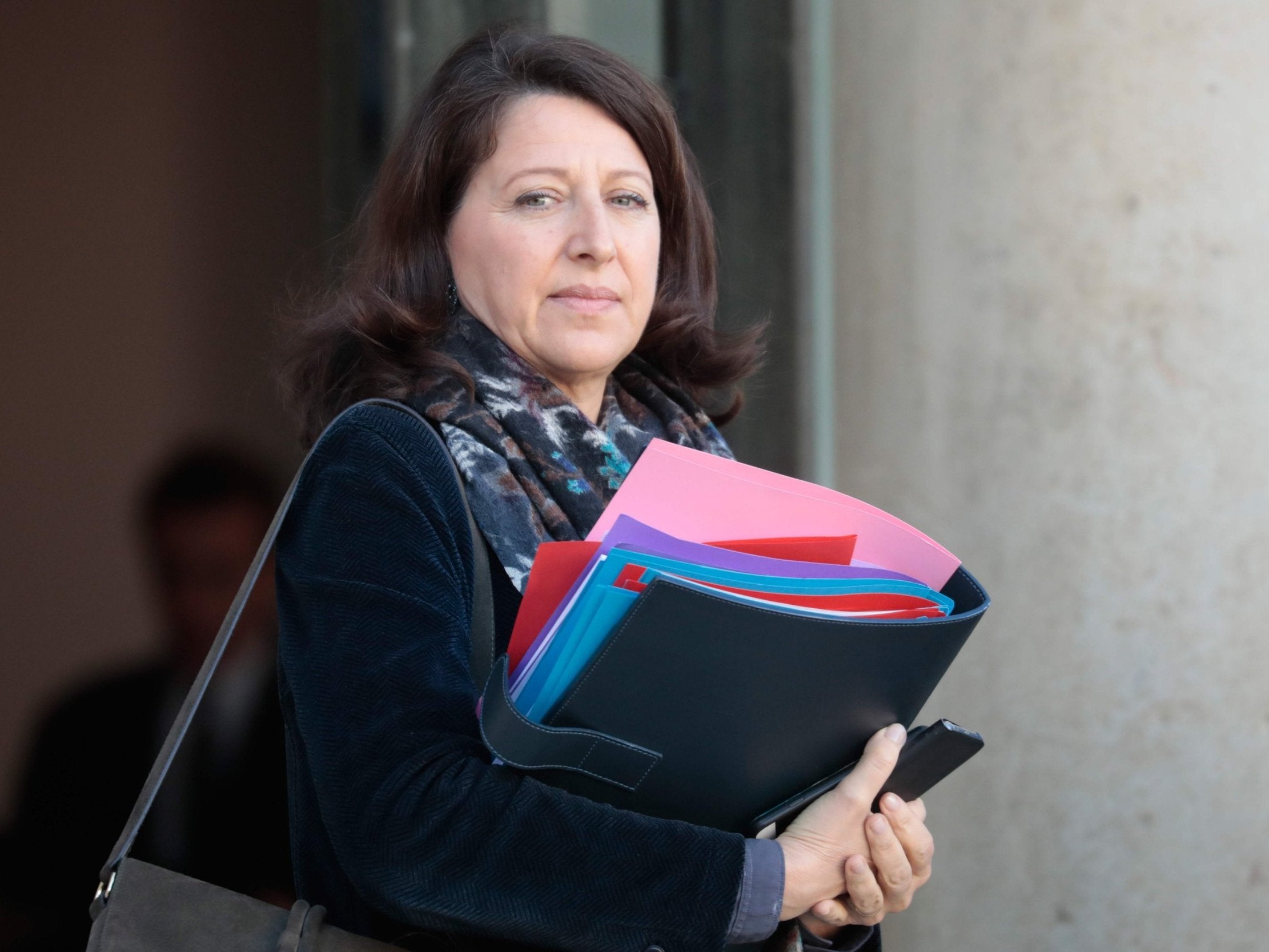Babies in rural regions of France keep being born without arms, committee hears
Health campaigners say mothers are ‘angry’ about lack of answers over rise in birth defect

France’s new health ministry committee has met to discuss a puzzling rise in congenital birth defects after more than a dozen babies were born without any hands or arms in three rural districts.
Parents and health campaigners were invited to join the committee’s first discussion in Paris amid growing concern over rates of the defect known as upper limb reduction.
It occurs when either part of a baby’s arm, or the entire arm, fails to completely form during pregnancy.
At least seven babies were found to have been born with the defect between 2009 and 2017 in the tiny rural area of Ain, according to REMERA research group findings which first gained prominence in the French media last year.
REMERA told France 24 the affected mothers were still “angry” they have not yet been given any answers about the apparent upsurge in the rare defect.
In October 2018 France’s national health agency (Santé Publique France or SPF) launched an investigation into the rates of upper limb reduction in Ain.
The agency also began inquiries in two other regions, Morbihan and neighbouring Nantes, where it found a disproportionate number of woman had given birth to babies with the limb defect.
Four babies were found to have been born with the defect in Morbihan between 2011 and 2013, and three were born with it in the Nantes area during 2007 and 2008.
However, no-one has yet been able to establish the cause of the cluster in upper limb reduction cases.

“I want to know, I think all of France wants to know,” health minister Agnès Buzyn said last year.
“It could be an environmental factor. Maybe it is due to what these women ate, drank or breathed in.”
The national health agency has clashed with REMERA – the group who originally uncovered the issue in Ain – over statistics and the handling of the problem.
The SPF said the figures in Ain “do not show an excess of cases in comparison with the national average”, an assessment REMERA strongly disputes.

Emmanuelle Amar, REMERA’s director, told FRANCE 24: “They had to cover for years and years of silence. We warned them for years that there was an abnormal phenomenon that needed to be investigated… And the SPF never responded.”
Ms Amar said she had attended last week’s committee meeting with one of the mothers of the children with the rare defect. “The main reaction is disappointment. These women are angry,” she said.
The ministry of health expects its committee of experts to report their findings by 30 June.
Join our commenting forum
Join thought-provoking conversations, follow other Independent readers and see their replies
Comments
Bookmark popover
Removed from bookmarks